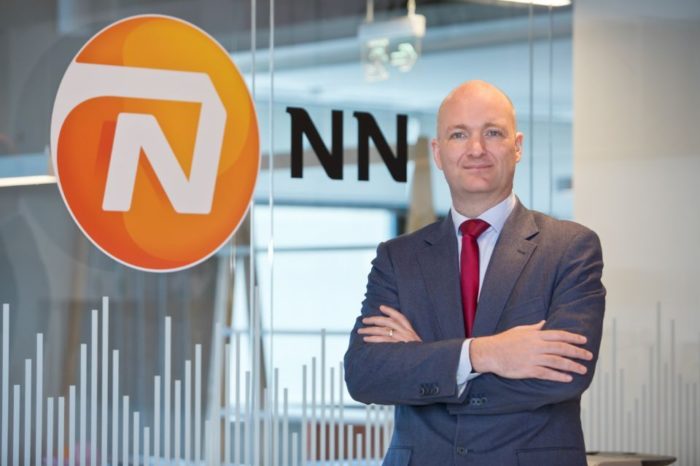Flexible solutions are the future (and not just because of Coronavirus)

Are you feeling pressure post-crisis on how to efficiently manage your corporate fleet? Then you may want to consider opting for flexible solutions. Of course, flexibility is not a new concept. But it has particular relevance today. And beyond today: it is highly likely that flexible formulas will continue to benefit fleets well into the future.
We asked ALD Automotive to answer a few questions on how they see the mobility mix in the future.
What do the corporate clients need most at this point?
As in any crisis, the companies want to refocus on their core business and maintain the continuity of their operations. Additionally, and particular to this crisis: employee health and security is a top priority.
As ALD Automotive sees it, all that translates into three types of needs. First is the need to take care of the health and well-being of employees – for example, by providing them with mobility alternatives to public transport, so they can maintain social distancing. Then there is the need to optimise vehicle replacement cycles which in other words means some new full-service leasing car replacements take longer to deliver, so alternative solutions have to bridge the gap. And finally, and perhaps most crucially is the need to deal with uncertainty. Fleet manager want solutions that require less commitment on mileage and duration, reflecting the increased unpredictability they are dealing with themselves.
So, we believe that a flexible solution is a good way to offer mobility when companies cannot predict the duration of a project or an assignment, when they have seasonal peaks in their activity or when a company is launching a new product, for example, and is dependent on market response for the size of the fleet needed for its promotion. Moreover, when companies have a new employee during a probation period or they want to trial new powertrains (hybrids and electric) flexible mobility might be answer to their needs.
Which type of customer could benefit from flexible solutions?
Any type of corporate client, in particular those facing a risk of downsizing or restructuring. Not least those with large fleets: those fleets have a long-term component, but they also have short-term needs – including for probation periods of new employees, or for seasonal work, as mentioned earlier.
Flexible solutions can also be a great fit for SMEs who need mobility but are reluctant to commit to a long-term leasing solution at this very moment.
Do you see a place for these flexible solutions in a long-term fleet strategy?
Generally speaking, fleet managers need to know that they have the flexibility to adapt their mobility policy based on their short, medium and long term needs. At the end of the day, they need to make sure their employees are on the move using the right mobility solutions with the best TCO. And in that respect, flexible solutions are an essential ”tool” to have in your mobility toolbox”, not just in a post-crisis context.
(P)














